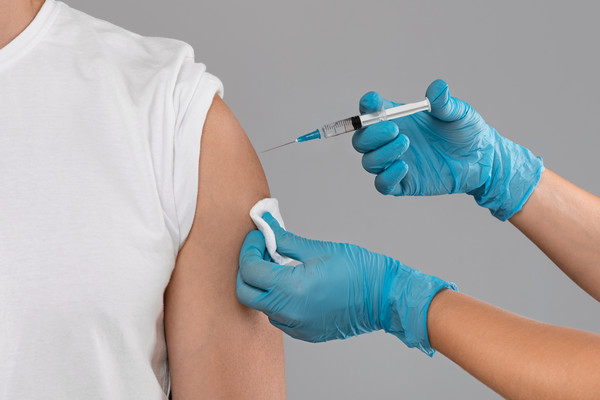The prevention effects and stability of mRNA vaccines received high scores during the Covid-19 pandemic. According to some experts, however, “new-generation vaccines,” including self-amplifying RNA vaccines, have equally excellent effectiveness, drawing attention.
Professors Kim Seon-hyong and Cheong Hee-jin of Hongik University said so in their report, “Next-generation Vaccine Technology Trend,” published on the website of the Biological Research Information Center (BRIC) last Friday.
Various vaccines are being developed now. Vaccines inject molecules perceived as antigens into the human body, showing effects by inducing active immunity and activating the human immune system. In the process, it is important to develop a vaccine with fewer side effects, the report explained.
“Self-amplifying RNA vaccines have been developed not to administer booster shots needed for using existing mRNA vaccines and reduce side effects,” the researchers said. “If drugmakers can rapidly produce vaccines that supplement existing vaccines’ shortcomings and win approvals in reasonable and simplified processes, they could emerge as a core strategy to reduce damages caused by a highly dangerous virus, like novel coronavirus.”

The report introduced four next-generation vaccine technologies – self-amplifying RNA vaccine, vaccine adjuvant, designed protein nanoparticle vaccine, and digital vaccine.
Self-amplifying RNA vaccines are based on the same concept as mRNA vaccines but differ from the latter by inserting replicating genes into the genetic information of mRNA.
Traditional mRNA vaccines insert genetic information of antigen proteins into the body. Therefore, if the dose of mRNA is low, it is difficult to achieve a high effect, and if all the mRNA in the vaccine is synthesized and exhausted, the production of antigenic proteins will also stop, requiring booster shots to regain immunity.
However, in the case of a self-amplifying RNA vaccine, not only genetic information encodes antigen proteins but genetic information that replicates the genetic information, so the cells produce multiple mRNA copies encoding antigen proteins. In other words, once people get this vaccine, they don't need a booster shot because it continues to amplify in their bodies.
The researchers also presented the direction for next-generation vaccines to follow.
“In the case of mRNA vaccines, storage must be done at low temperatures, so it was difficult for low-income countries with poor infrastructure to use them. Accordingly, next-generation vaccines must be manufactured and supplied quickly through local production so that they can be used in low-income countries,” they said. “If local production is difficult, manufacturers should devise methods to maintain the stability of vaccines and transport them conveniently.”

